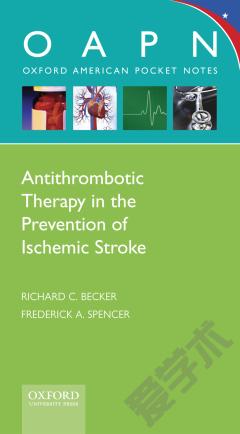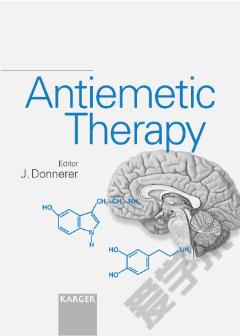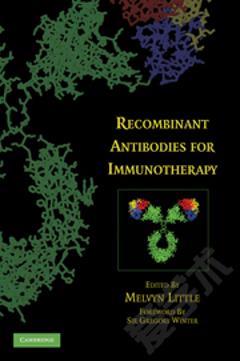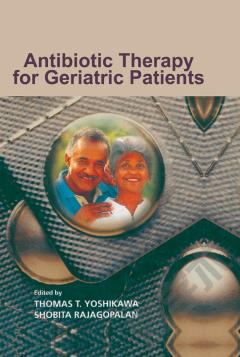Antithrombotic Therapy in Prevention of Ischemic Stroke
Stroke is the most common cause of adult mortality in the United States. Antithrombotic agents form the mainstay of stroke prevention. Aspirin produces a modest reduction in the risk of second stroke and transient ischemic attack (TIA, mini-stroke) and is widely recommended for initial therapy. The thienopyridines (Ticlid) and clopodogrel (Plavix) are alternatives for secondary prevention in patients who do not respond to or cannot take aspirin. They are no more effective than aspirin and have been associated with thrombotic thrombocytopenic purpura. The combination of aspirin and extended-release dipyridamole (Aggrenox) has several mechanisms of action and an additive effect on reducing stroke risk compared with either agent alone. A 2-fold increase in risk reduction and favorable safety profile suggest that the combination can serve as first-line prophylaxis against a second stroke. This volume, as part of the Oxford American Pocket Note series, provides the clinician wtih up-to-date information on the guidelines, and therapeutic options in recurrent stroke/TIA prevention. Useful features include treatment algorithms, illustrations, medication tables, charts and figures to enable both the specialist and the primary provider to ensure the best options to their patients in order to prevent the reocurrence of stroke/TIA.
{{comment.content}}








 京公网安备 11010802027623号
京公网安备 11010802027623号